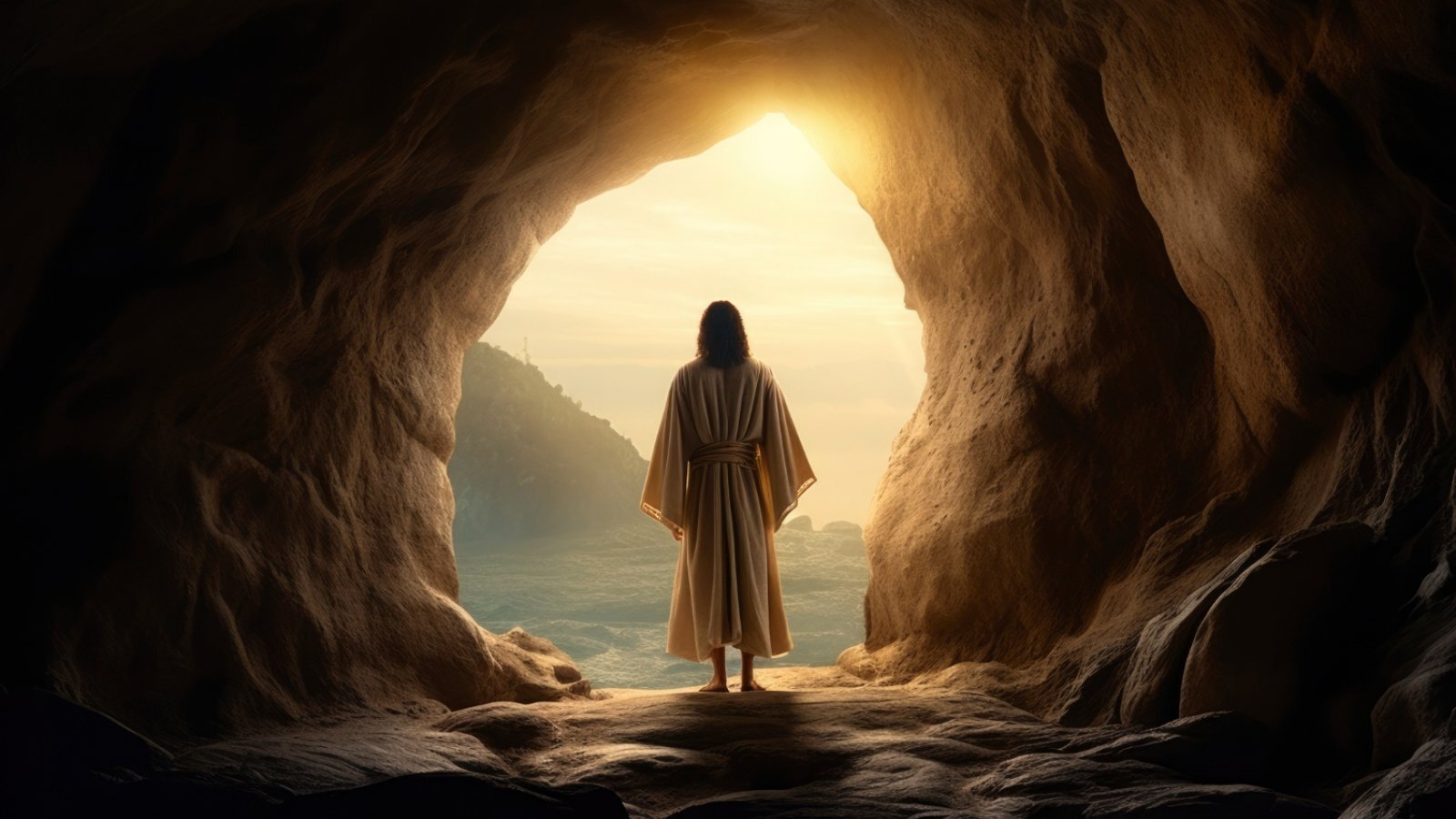
Ascension Day is a significant event in the Christian calendar, celebrated 40 days after Easter Sunday. This day marks the moment when Jesus Christ ascended to heaven in the presence of his disciples. But why is Ascension Day important? It symbolizes Jesus' return to God the Father, completing his earthly mission. Observed by many Christian denominations, this day often includes church services, prayers, and processions. Some countries even recognize it as a public holiday. Understanding the traditions and history behind Ascension Day can deepen one's appreciation for its spiritual and cultural significance. Ready to learn more? Here are 30 intriguing facts about Ascension Day that might surprise you!
What is Ascension Day?
Ascension Day is a significant event in the Christian calendar. It commemorates Jesus Christ's ascension into heaven. This day is observed 40 days after Easter Sunday. Here are some fascinating facts about Ascension Day.
-
Ascension Day is always celebrated on a Thursday. This is because it falls exactly 40 days after Easter Sunday.
-
The event is mentioned in the New Testament. Specifically, it is described in the books of Mark, Luke, and Acts.
-
Ascension Day marks the end of the Easter season. It transitions into the period leading up to Pentecost.
-
The day is also known as Holy Thursday. In some traditions, it is referred to as the Feast of the Ascension.
-
Ascension Day is a public holiday in many countries. Nations like Germany, Indonesia, and Norway observe it as a public holiday.
Historical Significance of Ascension Day
The historical roots of Ascension Day are deeply embedded in Christian tradition. It has been celebrated for centuries, with various customs and rituals.
-
The earliest recorded celebration dates back to the 4th century. Early Christians marked this event with special services and feasts.
-
In medieval times, churches would often perform elaborate plays. These plays depicted the ascension of Jesus, complete with special effects.
-
Some churches have a tradition of extinguishing the Paschal candle. This symbolizes the end of Jesus' earthly appearances.
-
In some cultures, people would climb hills or mountains. This act symbolizes Jesus' ascent to heaven.
-
The Feast of the Ascension was once a major feast day. It was considered one of the most important celebrations in the Christian liturgical calendar.
Customs and Traditions
Different cultures have unique ways of celebrating Ascension Day. These customs often reflect local traditions and beliefs.
-
In England, "beating the bounds" is a common practice. Parishioners walk around the boundaries of their parish, praying for protection.
-
In Sweden, Ascension Day is known as "Kristi Himmelsfärdsdag." It is a day for picnics and outdoor activities.
-
In Indonesia, Ascension Day is a national holiday. Many people attend church services and spend time with family.
-
In Germany, it is also Father's Day. Men often go on hiking trips or have barbecues.
-
In some Eastern Orthodox traditions, the day is marked with a special liturgy. This includes hymns and prayers specific to the ascension.
Religious Observances
Ascension Day holds deep religious significance. Various denominations observe it with special services and rituals.
-
Catholics attend a special Mass. This includes readings from the Acts of the Apostles and the Gospel of Luke.
-
Protestants often hold prayer services. These services focus on the themes of hope and resurrection.
-
In the Anglican Church, the day is marked with a Eucharist. This service includes hymns and readings related to the ascension.
-
Eastern Orthodox Christians celebrate with a Divine Liturgy. This service is rich in symbolism and tradition.
-
Some churches hold a procession. This symbolizes Jesus' journey to heaven.
Symbolism and Meaning
Ascension Day is rich in symbolism. It represents various theological concepts and beliefs.
-
The ascension signifies Jesus' return to the Father. It marks the completion of his earthly mission.
-
It also symbolizes the promise of the Holy Spirit. Jesus told his disciples that the Holy Spirit would come after his ascension.
-
The day represents hope and renewal. It reminds Christians of the promise of eternal life.
-
Ascension Day is a reminder of Jesus' divine nature. It emphasizes his role as both human and divine.
-
The event is seen as a fulfillment of prophecy. It confirms the teachings and promises made by Jesus during his ministry.
Modern-Day Celebrations
Today, Ascension Day is celebrated in various ways around the world. Modern observances often blend traditional practices with contemporary customs.
-
Many churches hold special services. These services often include music, readings, and prayers.
-
In some communities, people release balloons. This act symbolizes Jesus' ascent to heaven.
-
Some families have a special meal. This meal often includes foods that are symbolic of the day.
-
In certain regions, people light candles. This represents the light of Christ ascending to heaven.
-
Many Christians use the day for reflection and prayer. It is a time to contemplate the significance of Jesus' ascension and its impact on their faith.
Final Thoughts on Ascension Day
Ascension Day holds a special place in Christian traditions, marking the moment Jesus ascended to heaven 40 days after Easter. This day is celebrated with various customs and rituals across the globe, from church services to processions. It's a time for reflection, prayer, and community gatherings.
Understanding the significance of Ascension Day can deepen one's appreciation for its historical and spiritual importance. Whether you're attending a service or simply learning about its traditions, this day offers a chance to connect with a rich heritage.
Remember, Ascension Day isn't just a historical event; it's a living tradition that continues to inspire and bring people together. So next time it comes around, take a moment to reflect on its meaning and how it resonates in today's world.
Was this page helpful?
Our commitment to delivering trustworthy and engaging content is at the heart of what we do. Each fact on our site is contributed by real users like you, bringing a wealth of diverse insights and information. To ensure the highest standards of accuracy and reliability, our dedicated editors meticulously review each submission. This process guarantees that the facts we share are not only fascinating but also credible. Trust in our commitment to quality and authenticity as you explore and learn with us.


